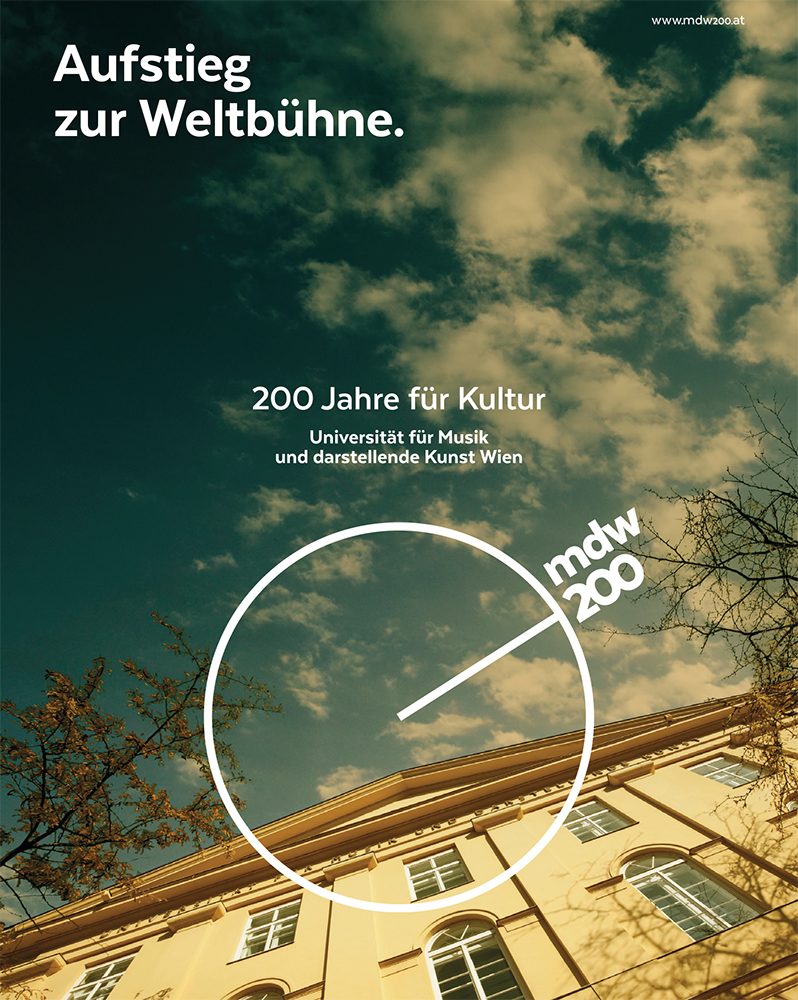
1817–2017: 200 Years for Culture
What all needs to be celebrated when a university of music turns 200? And how to do it? The history of the mdw actually embodies two centuries of Austrian cultural history—as written by classical, modern, and contemporary composers, scintillating Burgtheater thespians of the 19th, 20th, and 21st centuries, legendary performers, artists working in 21st-century forms of audio-visual expression, and other figures ranging from influential teachers to students, all of whom have one thing in common: their ascent to the world stage.
Strictly speaking, the establishment of the mdw – University of Music and Performing Arts Vienna took place over several years. Plans to set up a conservatory modelled on that of Paris had existed since around the turn of the century, and the Gesellschaft der Musikfreunde in Wien [Society of Music Lovers in Vienna], established in 1812, viewed running a conservatory as one of its main future missions. After several failed attempts, this group—which actively involved Antonio Salieri in the process—eventually succeeded in opening a singing school with two classes (for 12 boys and 12 girls) on 1 August 1817. Instrumental classes were added one at a time: first came a violin class in 1819, followed in 1833 by a piano class and from 1852 followed by an acting class.And in the period that began in 1870, the prominent new Musikverein building on Karlsplatz became known equally as a conservatory and a concert venue. 1896 saw the beginnings of the music education programme, while the Vienna Conservatory—by then with nearly 1,000 students—took its place at the centre of Vienna’s glorious “fin de siècle” culture thanks to visionary instructors and students. 1909 saw the Austrian state take over the institution and re-designate it as an academy, which it subsequently moved to a new building on Lothringerstraße, next to the Vienna Konzerthaus, in 1913.
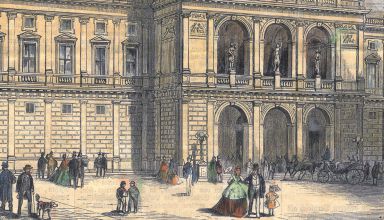
The next hundred years witnessed further growth and development of the institution’s various musical and performing arts focuses—the Max Reinhardt Seminar, the Film Academy, several research departments, and the cultural management programme are just a few of this period’s additions. And though the state academy was not spared from the Nazi regime, further metamorphoses from “Akademie” to “Hochschule” and finally into a full-fledged university with over 3,000 students resulted in what is today one of the world’s largest and most important cultural institutions of its kind. With this development came a host of indelible memories of legendary instructors and generation upon generation of fantastic artists, pedagogues, and scholars who were and still are active both in Austria and far beyond.
mdw200, the nickname for our varied bicentennial activities, will devote itself first to scholarly examination in the form of an “oral history” of the institution based on video interviews with living witnesses to recent times. This project’s first outcomes will be presented in June concurrently with an exhibition in the old main building (next to the Konzerthaus at Lothringerstraße 18) that will contextualise the theme of “Listening Today”.
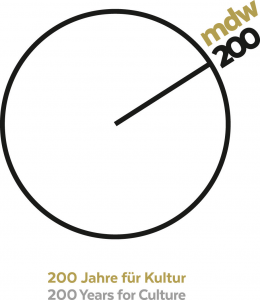
Throughout the bicentennial year, outstanding events—held mostly on Thursdays, in the Joseph Hadyn-Saal on the mdw Campus at Anton-von-Webern-Platz—will bear the mdw200 stamp and invite the public to visit the mdw.
2017 will also witness a great number of events conceived to lend this jubilee a festive note: the spectacular finales of the competitions named for Joseph Haydn (chamber music) and Hilde Zadek (singing), as well as of the Ludwig van Beethoven Competition (piano), will put the stars of tomorrow onstage, a special presentation of works from the Film Academy will take place at the Gartenbaukino, and staged productions by the Department of Voice and Music Theatre and the Max Reinhardt Seminar will make the Schlosstheater Schönbrunn Vienna’s place to be for young music theatre and spoken drama. The Webern Symphony Orchestra, our university’s flagship orchestral ensemble, will be performing under mdw graduate Zubin Mehta and Franz Welser-Möst at the Musikverein, serving as the pit orchestra for operas at the Schlosstheater, and appearing with musicians from the Conservatoire de Paris as part of the contemporary music festival Wien Modern at the Vienna Konzerthaus.
Mid-June will see these bicentennial celebrations reach their climax: for over a week, the mdw has scheduled a programme of daily highlights from its 24 departments that will extend from the campus on Anton-von-Webern-Platz to encompass the Musikverein, the Konzerthaus (with a new edition of its Aufspiel that will surpass previous such events), and the Abbey of the Salesian Sisters on Rennweg—which will be simultaneously celebrating its 300th birthday—as well as the Akademietheater and Schlosstheater Schönbrunn.
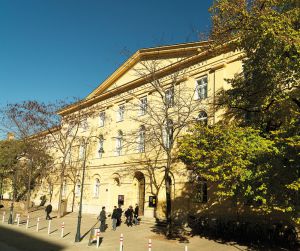
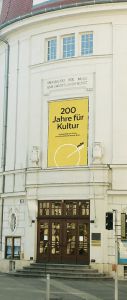
And during the coming months, several mdw students will be accompanied by camera teams for a documentary production that will portrait the university’s diverse everyday life. The end product will be broadcast by the ORF next summer.
The mdw is delighted to note the constantly rising number of international friends, graduates, and other interested parties who access the university via www.mdw.ac.at and the various social media channels, and who network themselves via the mdw club – for alumni, friends, and partners, thus strengthening our community. And above all, the fast-growing number of events that can be streamed live worldwide serves to connect the mdw with this community on a global basis.
From now on a monthly programme developed specifically for our bicentennial will present a comprehensive overview of the mdw’s offerings of over 1,000 events annually. This will include detailed announcements of each month’s highlights along with a complete calendar. You can already see an initial preview of what’s planned at www.mdw200.at.
As diverse as all this may be, it all serves one central mission of music and the performing arts: to celebrate whenever the
opportunity arises.

